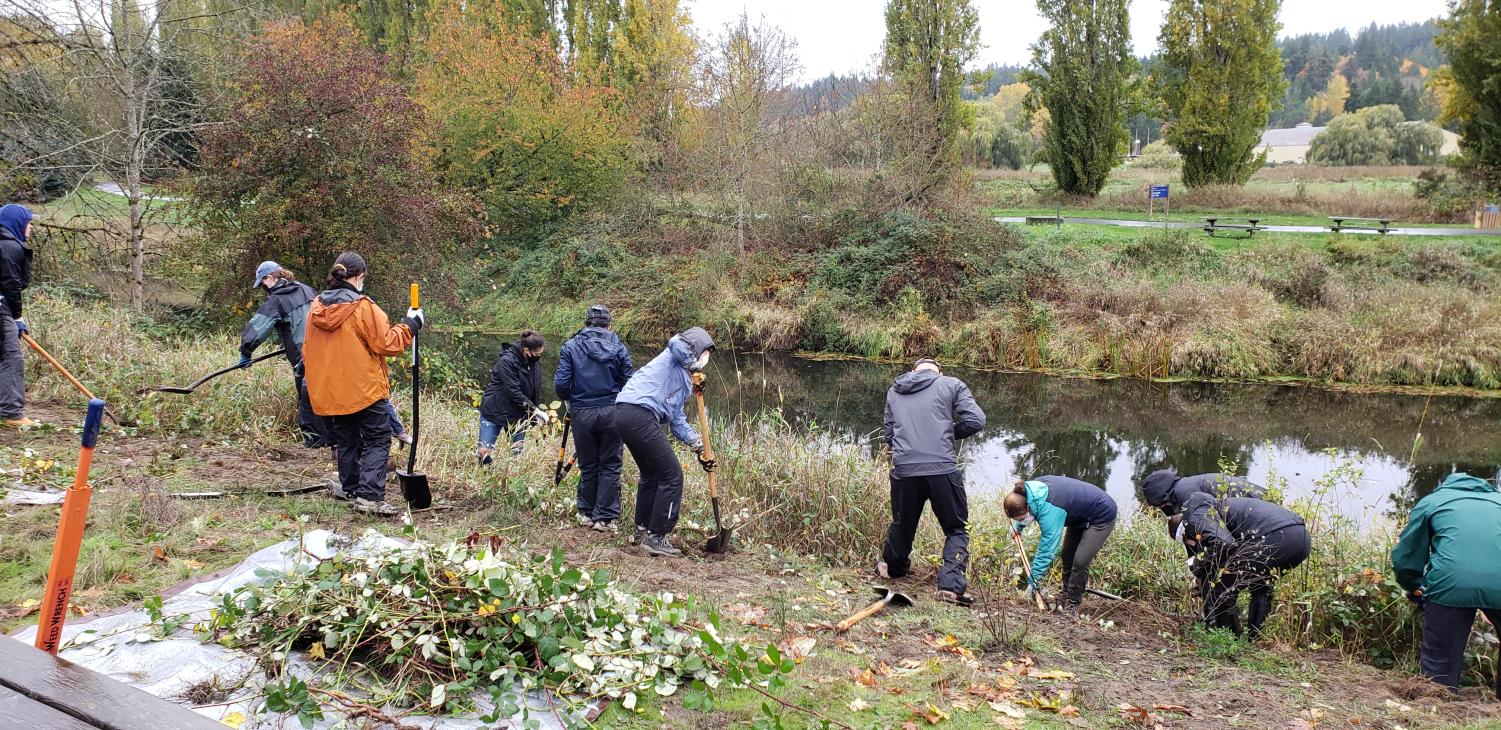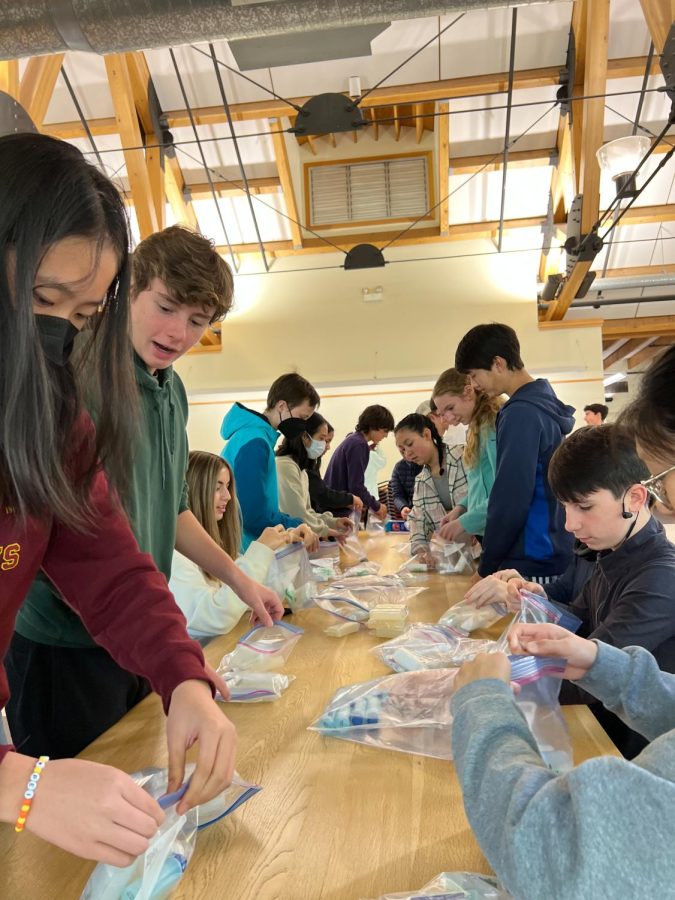How Service Learning Should Serve Us Learning
Rules are like caution tape: the right amount keeps people out of troubling areas and protects against those who wish to scam the system, but too much ends up trapping those who wish to help.
Since the pandemic, the service learning department has drawn ire from many students for its rules and regulations, many of which seem discordant with the school’s supposed preference for values over rules. Lakeside needs to instill in its culture a broader definition of the word “service” — what does it mean to us? To me, it means to aid, to advocate, and to use each of our 578 unique perspectives to change the world around us.
The Service Learning Department’s new guidelines, released on December 15, 2022, seemed like a step back for many students. In particular, many sophomores and juniors, who knew only the rules that were in place during the COVID pandemic, went into an uproar over the ban on individual fundraising or joining non-established organizations (like those started by other high schoolers or family members). Many students (including myself) planned to join or start student-led or smaller organizations — like some of the specialized clubs we have at Lakeside — in order to use our unique skills to help others and gain service hours. Instead, the rules appear to funnel students into traditional routes of service that, while indispensable for the community, restrict the creativity Lakeside students can apply to projects including service.
In a document containing their new guidelines, Lakeside’s Service Learning Advisory Board conceded: “There are many types of service that are valuable, thoughtful, and worthwhile. Many service projects and opportunities that are worthwhile and important will not necessarily fit within Lakeside’s definition of service learning, and that’s okay.” The document begs the question: if it’s valuable, thoughtful, and worthwhile, why would Lakeside reject it.
The move towards stricter rules comes at an odd time — the past three months have been a boon for service hours as the department was loosening many guidelines. For example, it now approves hours from sports camps or clubs at the middle school. If these new rules were meant to be a clarification, they have served only to further disorient students and instill fear into the hearts of those planning non-traditional service routes.
There are myriad people across all grades who’ve recently had service hours denied or backtracked on opportunities as a result of Lakeside’s new rules.

A sophomore who wishes to remain anonymous noted that their family had a plan to fundraise money for an organization that built tiny homes across the Seattle area to fill their service quota, but the recent rules scuttled their plans. They noted that even though they could still do this kind of service, the new rules discouraged them enough to the point where they felt that it would be better not to.
Meanwhile another student was worried about their service plans, including volunteering at various middle schools and sports organizations for disadvantaged youth. Even though these types of service are currently allowed, they felt that “the new rules made [them] worried that the service department could roll back new policies, including allowing sports programs/camps that are technically not free but have generous financial aid policies.”
Despite the student backlash, there are certainly reasons for these changes. In an interview last month, Ms. Counsell-Torres expressed that one of the goals of the service learning program is for students “to gain insight into how systems of inequality came to be, and how systems of oppression interlock with one another.” Fundraising individually or getting together with a group of friends doesn’t teach about inequality, nor does it teach novel skills that could be applied in the future.
A student member of the Service Learning Board even said during class that “the primary purpose of these rules was to prevent people from completing all 80 hours by baking cookies for a hospital.” And even though I don’t wholeheartedly support the new rules, I find myself in agreement with these statements. After all, it’s service learning, and since Lakeside is a school, that learning component is just as important as the service we do.
Yet that entire argument still feels…off. Does volunteering 60 hours at a food bank truly teach more than reaching out across the school to find volunteers to collectively organize an elementary school choir for children in South Seattle? Is it really one or the other? Uniqueness or learning? Or is there room for both?
We should strike a compromise — allow students freedom while also ensuring they learn. The answer here is simple — and not too far removed from what we already have: institute a minimum requirement for those “guided” kinds of service. Just as 60 hours of service outside of the Lakeside community is required, something in the ballpark of 20-30 hours in an “established organization” should be required. This is enough to ensure students engage with themes of inequality but also allows students to pursue their unique interests in service. I would further note that unlike the way in-school hours work — you can only have 20 out of the first 80 — Lakeside should not place a limit on non-guided service, instead leaving it to students to plan their unique path through the requirements.
This path forward would still encourage individual passions, while also inspiring students to learn about inequality, injustice, and remediation.
Ever since his little incident in April 26, 1986, Rohan Dhillon has been on the run from a variety of governmental agencies and human rights organizations—...

